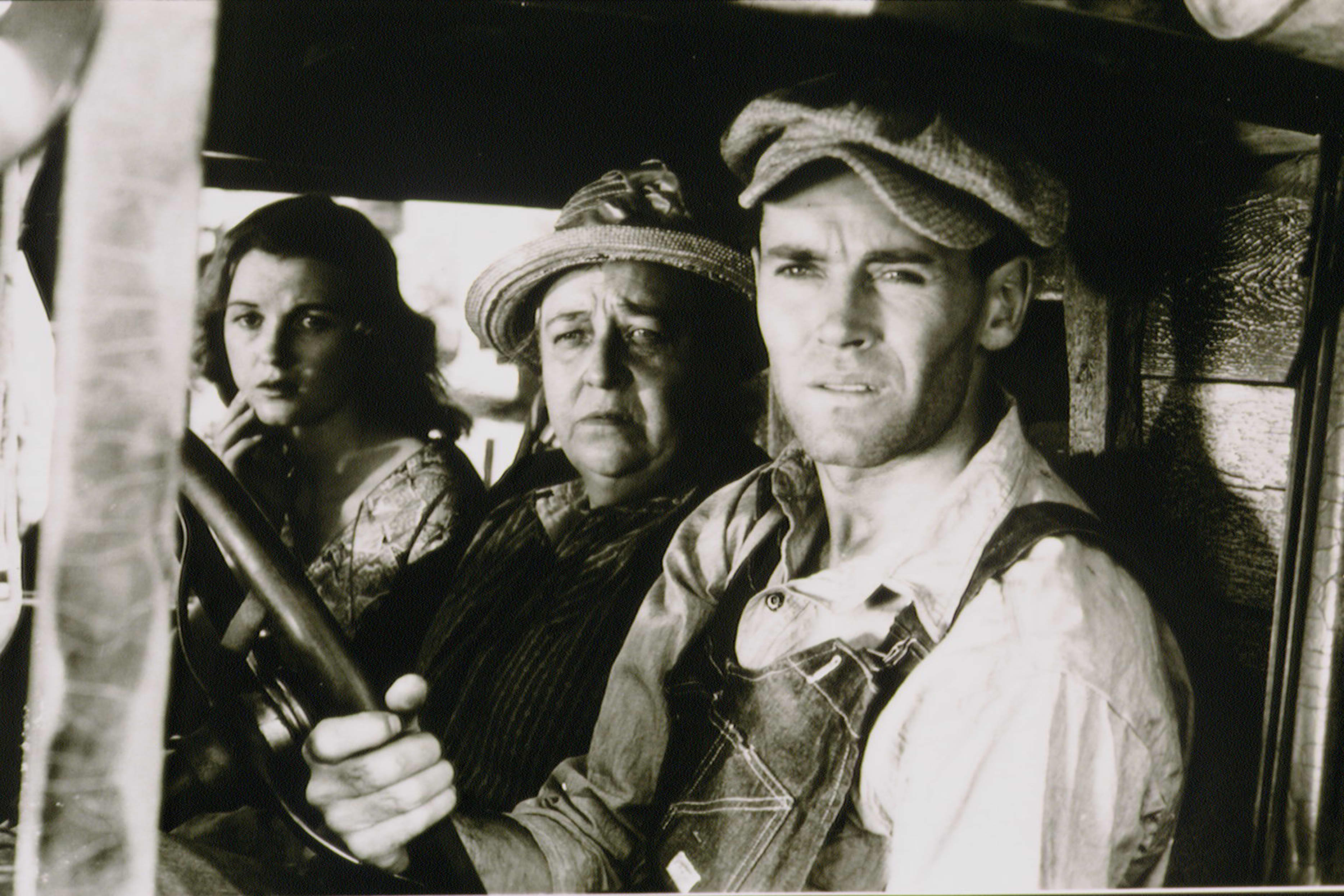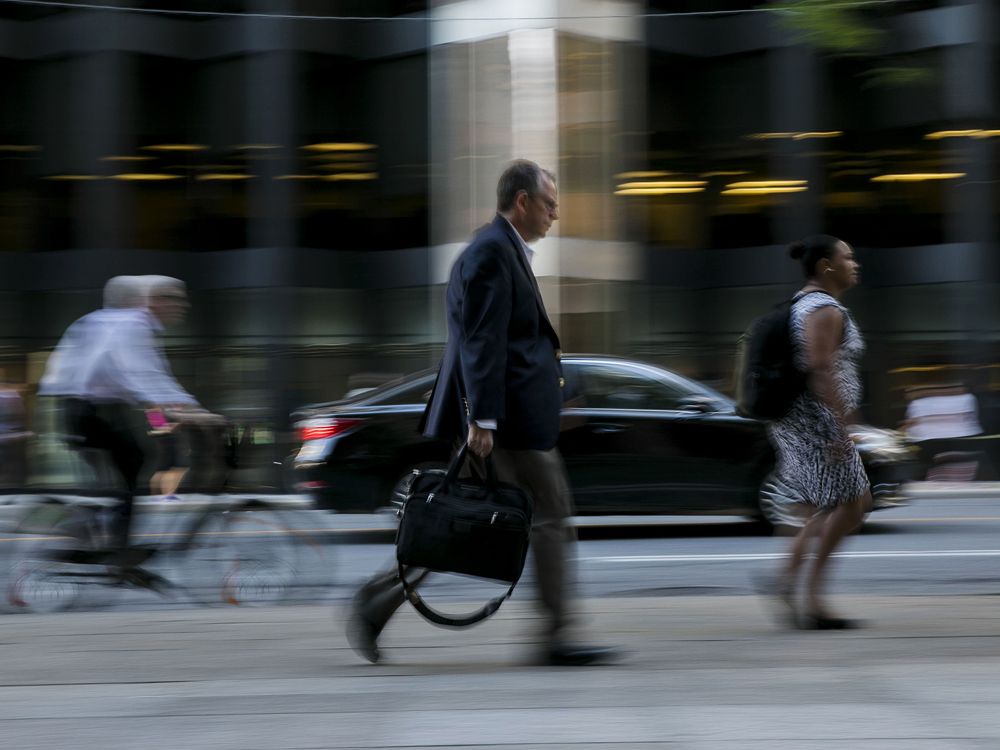Roaring ‘20s economic recovery? For some it’ll be ‘Grapes of Wrath,’ top analyst warns

L-R: Dorris Bowden, Jane Darwell and Henry Fonda on the set of the film The Grapes of Wrath directed by John Ford based on John Steinbeck novel by the same tittle.
Sunset Boulevard | Corbis Historical | Getty Images
The anticipated economic boom following the coronavirus pandemic has been likened to the “Roaring ’20s” by some, but a top political analyst has stressed that not everyone will benefit from the bounce back.
Tina Fordham, head of global political strategy at advisory firm Avonhurst, told CNBC Friday that she didn’t disagree with economists’ “very popular characterization” of the expected post-pandemic rebound as the “Roaring ’20s.”
But Fordham, who used to be chief global political analyst at Citi, suggested that while some may benefit from this boom — similar to that depicted in F. Scott Fitzgerald’s novel “The Great Gatsby” — others could experience something similar to John Steinbeck’s Depression-era novel “The Grapes of Wrath.”
“A lot of people will have been hurt by the pandemic and may not be able to recover as swiftly as markets can so… ‘Grapes of Wrath’,” Fordham told “Street Signs Europe.”
The 1920s became known as the “Roaring ’20s” after economies boomed following the First World War and the 1918 influenza pandemic.
‘Socio-economic hangover’
Fordham also discussed Avonhurst’s “VAX Populi” research, which looks at the key risks facing the world’s 27 largest economies and their resilience in the wake of the coronavirus pandemic.
“One of the biggest assumptions in our premise for VAX Populi is that we should be prepared for the post-pandemic socio-economic hangover to impact elections over the next 5-10 years, 1-2 election cycles,” Fordham said.
She stressed that this was something that would be put to the test soon, with upcoming local elections in the U.K. and France “taking the temperature on incumbent governments.”
Meanwhile, Germany’s federal election in September would be the “big one” for the start of the “European super cycle.” Fordham said that Germany’s Green Party — which recently moved ahead of Chancellor Angela Merkel’s conservative party in the polls — would mark a “significant change” for the country if it did take the chancellery.
In 2022, Fordham said investors would be watching France’s national election for signs of a political hangover from the pandemic. French President Emmanuel Macron and the country more broadly were not faring well on the VAX Populi framework, she said, warning of a “genuine possibility that the far-right may gain ground on the back of this crisis.”




